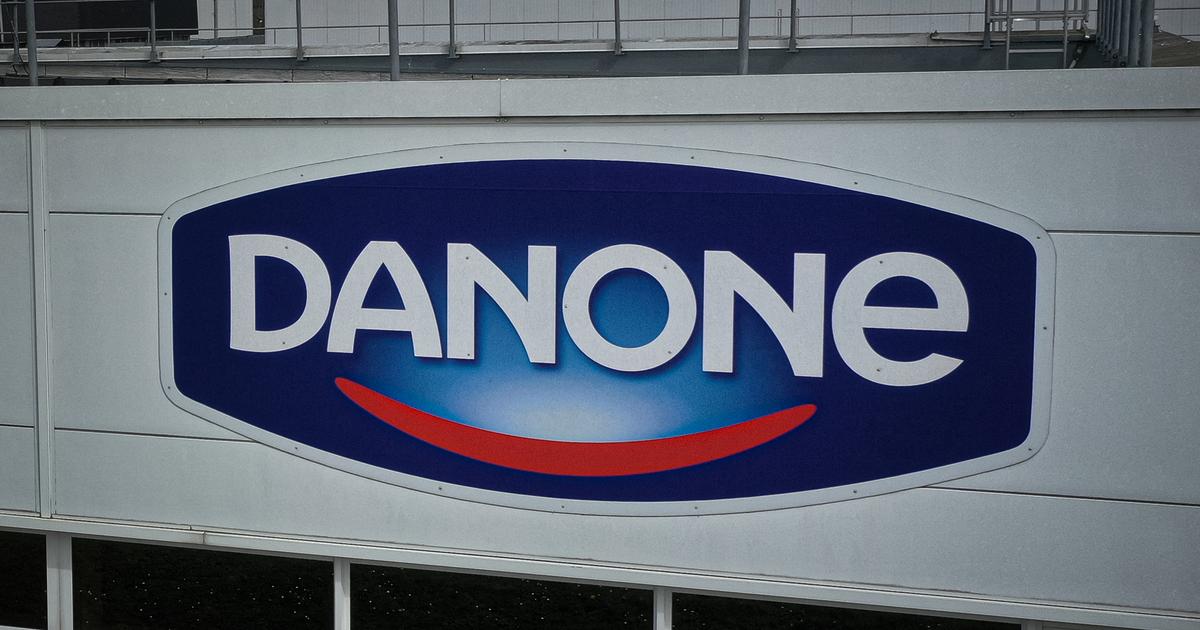Enlarge image
Aluminum warehouse in London: skepticism about 2022
Photo: Olivia Harris / REUTERS
Despite corona waves and high inflation, the British economy grew more strongly in 2021 than at any time since the Second World War.
The gross domestic product of the fifth largest economy in the world increased by 7.5 percent, as the statistics office ONS announced on Friday in London.
That's the strongest gain since 1941, with Britain outperforming the other major industrial nations.
In the first year of the 2020 pandemic, there was still a slump of 9.4 percent.
All in all, the British are doing only slightly worse than, for example, the German economy in the time of crisis.
This grew by 2.8 percent last year after shrinking by 4.6 percent in 2020 due to the corona crisis.
Growth in the fourth quarter helped the UK rebound.
Despite the omicron wave in December with hundreds of thousands of new infections, there was an increase in gross domestic product of 1.0 percent compared to the previous quarter, as in the summer.
Economic output was thus only 0.4 percent below the pre-crisis level of the end of 2019. The International Monetary Fund (IMF) expects growth of 4.7 percent this year, followed by an increase of 2.3 percent in 2023.
"The UK economy faces a much weaker 2022 as the crippling burden of rising inflation, expensive energy bills and higher taxes for consumers and businesses dampen activity," said Suren Thiru of the UK Chamber of Commerce.
In December, the Bank of England was also the first of the major central banks to raise interest rates since the beginning of the pandemic due to the good economy - and followed up with a second step at the beginning of the year, which means that the key monetary policy rate is now 0.5 percent.
It is reacting to the rapid rise in prices on the island.
Economists assume that the inflation rate could rise above the seven percent mark in the coming months and thus exceed the central bank's target of 2.0 percent.
The prices are being driven, among other things, by the sharp rise in energy costs and the shortage of materials and supply bottlenecks resulting from the pandemic crisis.
mike/Reuters












